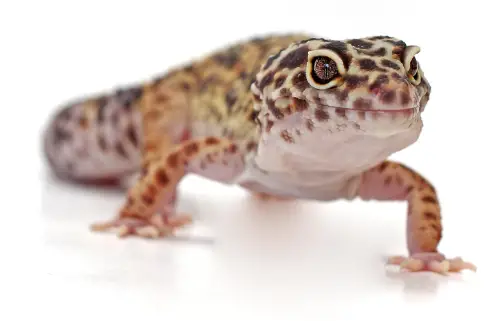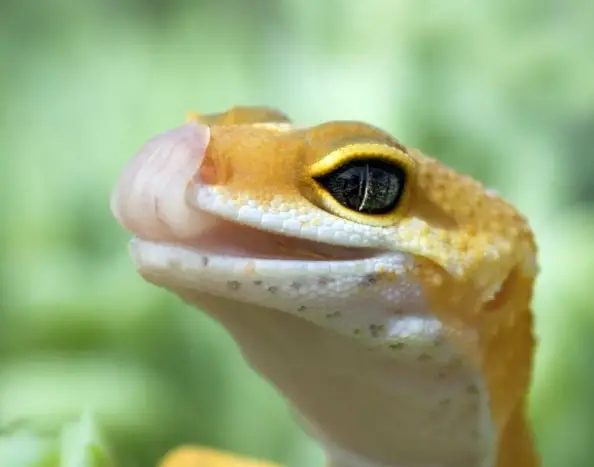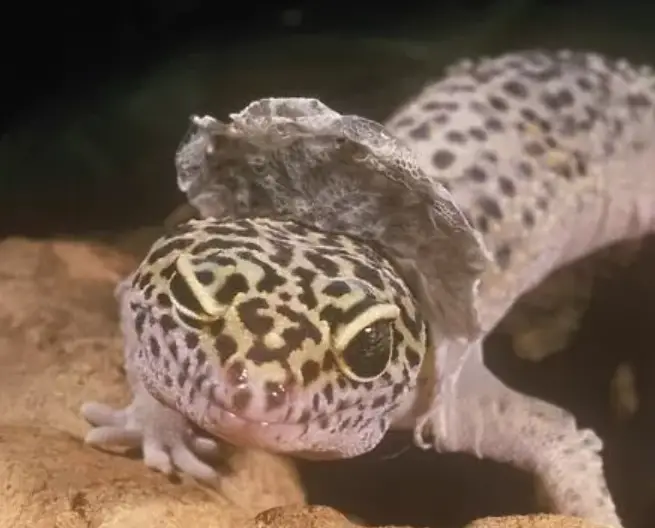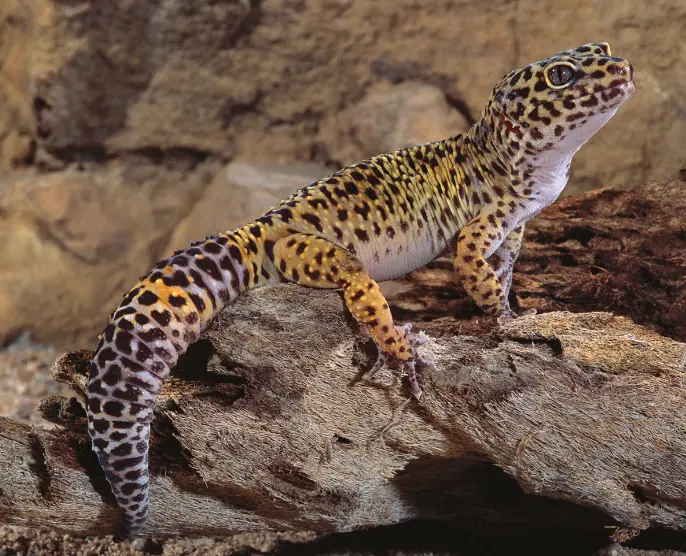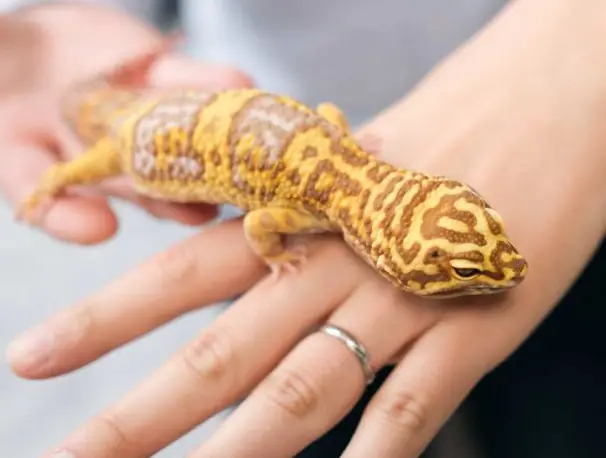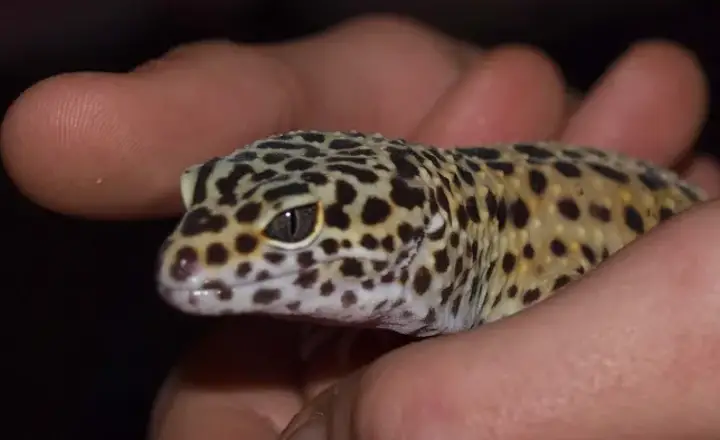Leopard geckos are a popular pet among reptile enthusiasts due to their docile nature and ease of care. However, sometimes despite our best efforts, our beloved leopard geckos may pass away. Dealing with the loss of a pet can be difficult, and many pet owners may not know what to do with their deceased leopard gecko.
In this article, we will explore the different options for handling a deceased leopard gecko, including burial, cremation, and donation to a research facility. We will also discuss how to properly grieve the loss of your pet and ways to honor their memory.
How Can You Tell That A Leopard Gecko Is Dead?
There are several signs that can indicate a leopard gecko is dead.
- Lack of movement: A dead leopard gecko will not move or respond to stimuli.
- Cold to the touch: The body of a dead reptile will become cold to the touch.
- Rigor mortis: The muscles of a dead animal will become stiff and may appear contorted.
- Lack of breathing: Dead animals do not breathe.
- Cloudy eyes: The eyes of a dead animal may become cloudy or sunken in.
- Smell: A dead animal will have a distinct smell.
It is important to note that these signs can also indicate a leopard gecko is in a state of hibernation, which is a state of reduced metabolic activity. Therefore, it’s important to observe the animal for a while to confirm if it’s dead.
How To Properly Handle A Dead Leopard Gecko
Wear gloves: Always wear gloves when handling a dead leopard gecko to prevent the spread of bacteria or disease.
Place the body in a plastic bag: Carefully place the body of the leopard gecko in a plastic bag and seal it tightly. This will prevent any potential odor or leakage.
Dispose of the body properly: The body should be disposed of in a responsible and safe manner, such as burying it or taking it to a pet cemetery.
Clean the enclosure: After disposing of the body, thoroughly clean and disinfect the enclosure where the leopard gecko was housed. This will prevent the spread of any potential bacteria or disease to other animals.
Seek veterinary advice: If the leopard gecko passed away due to a known or suspected illness, it is important to seek advice from a veterinarian to prevent any potential spread of disease to other animals.
Grieve: It’s natural to feel a sense of loss when a pet dies. Allow yourself to grieve and remember your leopard gecko.
Consider a necropsy: If you’re unsure of the cause of death, consider having a necropsy (an autopsy for animals) performed by a veterinarian to determine the cause of death and prevent it from happening again in the future.
Learn from the experience: Take the time to reflect on the care and conditions provided for the leopard gecko and make any necessary changes to ensure the health and well-being of any future pets.
How To Properly Dispose Of A Dead Leopard Gecko
When a leopard gecko passes away, it is important to handle the situation with care and respect for the animal. Here are some steps to properly dispose of a dead leopard gecko:
- Place the gecko in a plastic bag: Carefully place the dead leopard gecko in a plastic bag and tie it securely. This will prevent any potential spread of disease or odor.
- Refrigerate the gecko: Until you are ready to bury or cremate the gecko, place it in the refrigerator to slow down the decomposition process.
- Decide on burial or cremation: Decide whether you want to bury the gecko in a pet cemetery or have it cremated. If you choose cremation, contact a pet cremation service to arrange for the process.
- Bury the gecko: If you choose to bury the gecko, choose a spot in your yard or a pet cemetery that is away from any water sources and dig a hole that is at least 2 feet deep. Place the gecko in the hole and cover it with soil.
- Respectful disposal: Regardless of whether you bury or cremate the gecko, make sure to handle the situation with respect for the animal and its life. You may also want to take a moment to reflect and remember the time you shared with your pet.
It is important to also note that if you suspect that your leopard gecko died from a disease or illness, it is best to contact a veterinarian to determine the cause of death and to prevent the potential spread of disease to other animals.
Conclusion
When a leopard gecko passes away, it is important to handle its body with care and respect. The first step is to properly dispose of the body by either burying it or placing it in a sealed container for cremation. If the leopard gecko passed away due to a known illness, it is important to inform the veterinarian and report the death to the proper authorities to prevent the spread of the disease. It is also important to take the time to grieve and remember the leopard gecko, and to consider taking steps to prevent future deaths by providing proper care and monitoring for potential health issues.
